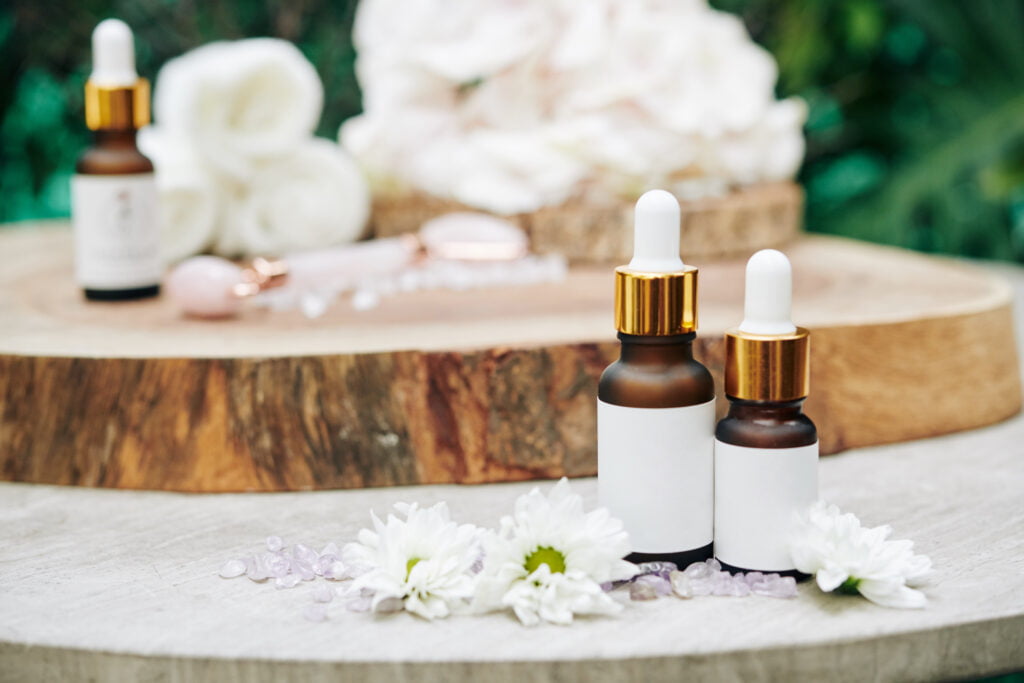Are you looking to break into the skincare industry? Starting your own skincare brand is a great way to turn your passion for skincare into a successful business. However, it’s important to understand the key components necessary for ensuring the success of your brand. In this article, we will provide you with tips for starting your own skincare brand. Keep reading to find out how to get started.
Define your skincare brand goals.

When creating a skincare brand, it is essential to define your goals. This will allow you to stay focused on the tasks that need to be completed and ensure that you are setting yourself up for success. Your goals should reflect what you wish to accomplish with your business in both the short term and the long term. When defining these objectives, think about what kind of products or services you want to offer, how much money you need/want to make, where do you want your brand presence (e.g., online vs brick & mortar), and who is your target audience.
Search for packaging manufacturers for your product.
Micro vials are an important part of starting your own skincare brand. These vials are small containers, often made of glass or plastic, that hold a sample size of a product for testing and promotional purposes. They come in many shapes and sizes such as tubes, bottles, jars, or even sachets. When creating your own skincare line, it is essential to create samples to give away at events and trade shows so potential customers can test out the products before buying them. It also allows you to get feedback from those who have tested the product which will help you refine future formulations. By using vials to package your samples rather than full-sized containers, you save money on materials whilst still allowing people to get a good impression of what the finished product will look like. Additionally, it’s much easier for people attending conventions or trade shows with limited space in their bags since vials occupy far less room than regular-sized packages would do.
Set up a legal and regulatory framework.

Setting up a legal and regulatory framework involves understanding the laws related to business formation, product labeling, manufacturing, and distribution of goods as well as other regulations that may apply in different countries or states. It’s essential to ensure you are compliant with all relevant laws when launching a new brand. Depending on where you operate, this could include registering your business entity (e.g., LLC), obtaining permits or licenses for selling products online or filing paperwork with local governments such as zoning boards. Additionally, it’s important to understand the rules surrounding product labeling so that you can accurately disclose what ingredients are in each item you sell—this includes listing any potential allergens as required by law and providing information about how the products have been manufactured (i.e., organic vs conventional).
Design effective advertising strategies.
Effective advertising strategies can be crucial for driving sales and creating brand recognition. Decide who you want to target with your ads. This means doing research into potential customer demographics and interests so that you can create content tailored specifically to them. You should also consider where they spend their time online or offline, such as social media platforms, websites, radio stations, etc., as this will help in deciding which mediums you should use when designing your ads. Additionally, make sure that you understand what motivates customers when making purchasing decisions. This could be quality ingredients or price points so that you can ensure your messaging resonates with them effectively. Once these elements have been established you must then decide on the type of adverts and creative approach. It’s important here to think about what kind of message will best resonate with the chosen target audience.
Overall, starting your own skincare brand is an exciting opportunity to create a product that meets the needs of your target market. By keeping in mind the importance of research, budgeting, branding, and marketing, you can successfully launch a skincare brand that is profitable and successful.










